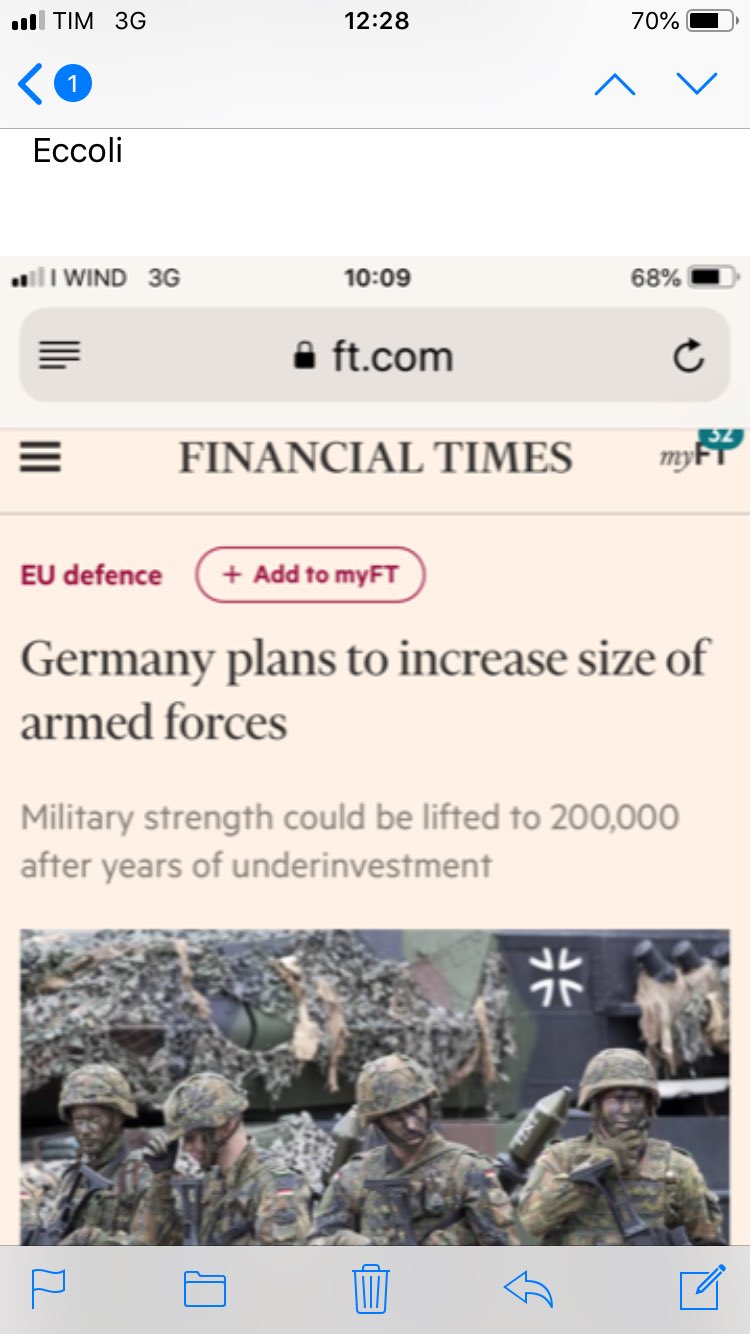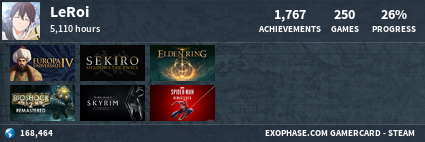Germany Is Quietly Building a European Army Under Its Command
This year, far from the headlines, Germany and two of its European allies, the Czech Republic and Romania, quietly took a radical step down a path toward something that looks like an EU army while avoiding the messy politics associated with it: They
announced the integration of their armed forces.
Romania’s entire military won’t join the Bundeswehr, nor will the Czech armed forces become a mere German subdivision. But in the next several months each country will integrate one brigade into the German armed forces: Romania’s 81st Mechanized Brigade will join the Bundeswehr’s Rapid Response Forces Division, while the Czech 4th Rapid Deployment Brigade, which has served in Afghanistan and Kosovo and is considered the Czech Army’s spearhead force, will become part of the Germans’ 10th Armored Division. In doing so, they’ll follow in the footsteps of two Dutch brigades, one of which has already joined the Bundeswehr’s Rapid Response Forces Division and another that has been integrated into the Bundeswehr’s 1st Armored Division. According to Carlo Masala, a professor of international politics at the University of the Bundeswehr in Munich, “The German government is showing that it’s willing to proceed with European military integration” — even if others on the continent aren’t yet. [...]
So far, Germany and its multinational miniarmies remain only that: small-scale initiatives, far removed from a full-fledged European army. But the initiative is likely to grow. Germany’s partners have been touting the practical benefits of integration: For Romania and the Czech Republic, it means bringing their troops to the same level of training as the German military; for the Netherlands, it has meant regaining tank capabilities. (The Dutch had sold the last of their tanks in 2011, but the 43rd Mechanized Brigade’s troops, who are partially based with the 1st Armored Division in the western German city of Oldenburg, now drive the Germans’ tanks and could use them if deployed with the rest of the Dutch army.) Col. Anthony Leuvering, the 43rd Mechanized’s Oldenburg-based commander, told me that the integration has had remarkably few hiccups. “The Bundeswehr has some 180,000 personnel, but they don’t treat us like an underdog,” he said. He expects more countries to jump on the bandwagon: “Many, many countries want to cooperate with the Bundeswehr.” [...]
So far, the low-profile and ad hoc approach of the Framework Nations Concept has worked to its advantage; few people in Europe have objected to the integration of Dutch or Romanian units into German divisions, partly because they may not have noticed. Whether there will be political repercussions should more nations sign up to the initiative is less clear.
 forum.spaziogames.it
forum.spaziogames.it








